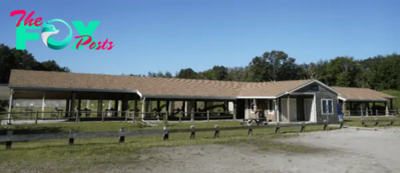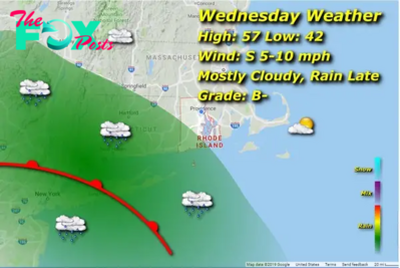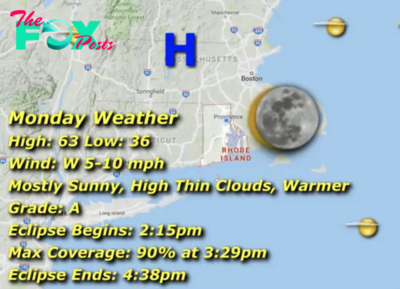Health
Lead in RI school drinking water – free testing must be requested. Most results years old.
RIDOH and URI to Test School Drinking Water for Lead Contamination – but Superintendents have to request it
Rhode Island can test school and day care centers drinking water for lead contamination free of charge, but it is voluntary – meaning the school has to request it.
Last month a voluntary, statewide program to test the drinking water in any Rhode Island K-12 school began with organizers encouraging any school that has not yet signed up to take advantage of this no-cost testing opportunity to do so.
This effort is a collaboration between the Rhode Island Department of Health (RIDOH), the Rhode Island Department of Education (RIDE), and the University of Rhode Island (URI) Cooperative Extension Water Quality Program.
When schools sign up, program staff work with school leadership on the timing of sample collection and on the selection of 10 sample locations through each school. RIDOH and URI Cooperative Extension Water Quality Program will provide sampling materials and arrange sample pickup and testing. All analysis on water samples will be done at RIDOH’s State Health Laboratories.
What you can do
Ask your child’s school or day care center if they have requested this free water testing program. If they have ask for the results and what is being done to address any recommendations. If the facility has decided not to participate, engage other parents in asking that that decision changes and the testing is set up as soon as possible. Tests are location specific and samples and results will be made for locations such as “nurse’s station” or “boy’s bathroom”, etc.
We looked at one community – with somewhat shocking results
We selected “Cranston” on the state’s database of test results. You can see all results here: https://health.ri.gov/data/schools/water/ccresults.php for the city.
For one school – Garden City School (presently being rebuilt) the last known scores were:

At the Horton School:

At Gladstone School:

Highest location in Cranston – Rhodes Elementary – Nurses Station:

School lead testing results not posted since 2016 – why?
Most school test results have not been posted for 5 years or more – we have requested more information as to why this is so – stay tuned for an update
Suggested Actions:

Why is lead so dangerous
“Lead is a neurotoxin, so it affects how a child’s brain develops. Lead exposure can make it difficult for a child to grow, think, and learn,” said Interim Director of Health Utpala Bandy, MD, MPH. “Children spend much of their young lives in school. It is the responsibility of all of us to make sure schools are healthy environments, so that Rhode Island’s kids thrive now and into the future. We encourage all schools to participate and test their drinking water for lead.”
Lead is toxic. It is not naturally found in water. Most lead in water comes from metal wearing away in old pipes, lead-based solder, or brass fittings on faucets or water fountains. Lead in drinking water can cause lead exposure and lifelong health problems. The effects are most serious for babies, young children, and people who are pregnant.
The only way to know if there is lead in drinking water is to test for it.
All drinking water testing results will be shared with the school and will be available on RIDOH’s website. If the water testing shows levels of lead above the Environmental Protection Agency action level, RIDOH and URI Cooperative Extension Water Quality Program will support the schools and provide guidance on how to address the lead and protect children and staff.
RIDOH provides this water testing project at no cost to schools with funding from the EPA Lead Testing in School and Child Care Program Drinking Water grant, established by the Water Infrastructure Improvements for the Nation (WIIN) Act.
2016 Legislation
According to legislation passed in Rhode Island in 2016, after testing of all schools a report was to be delivered to the Speaker of the House and President of the Senate to include: “a plan for ensuring
compliance with all state and federal laws, rules and regulations pertaining to lead and copper1
levels in drinking water supplies”
For Parents, Teachers, Care Givers:
If your child’s school or day care center has readings above those noted in the chart above, check to see if “DO NOT USE” signs are posted…and ask what is being done to remedy the situation and how children can best get clean and safe drinking water.
RIDOH contact for schools to request testing:
Interested superintendents should contact Deborah LaMond ([email protected]) RIDOH’s Lead and Copper Rule Manager.
-
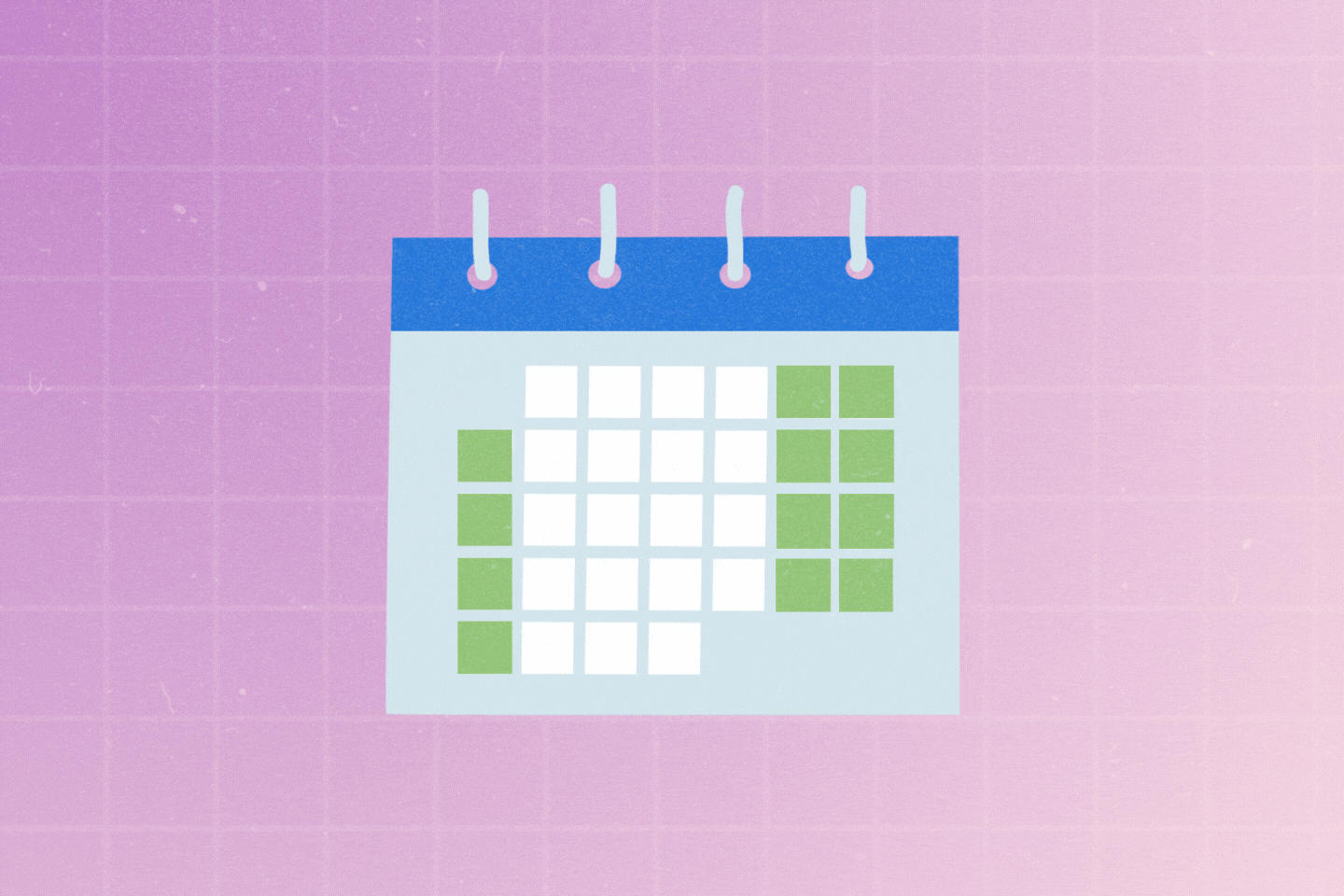
 Health25m ago
Health25m agoWhat It’s Really Like to Have a 4-Day Workweek
-

 Health25m ago
Health25m agoWhat Happens to Your Body If You Don’t Stretch
-
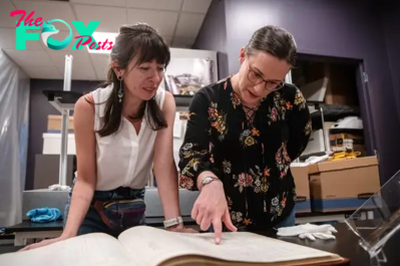
 Health2h ago
Health2h agoColorado locked up middle-aged women for “lunacy,” old jail ledger reveals
-

 Health5h ago
Health5h agoThe Health Benefits of Chocolate: Jet Lag, Sun Protection, and Heart Health
-

 Health14h ago
Health14h agoTube-tying surgeries and vasectomies skyrocketed post-Roe
-

 Health15h ago
Health15h agoA Closer Look at the Experience of Weight Loss Ella Bleu Travolta
-

 Health1d ago
Health1d agoHow to Tell if Someone Is Lying to You, According to Experts
-

 Health1d ago
Health1d agoCancer patients can now be 'matched' to best treatment with DNA and lab-dish experiments


